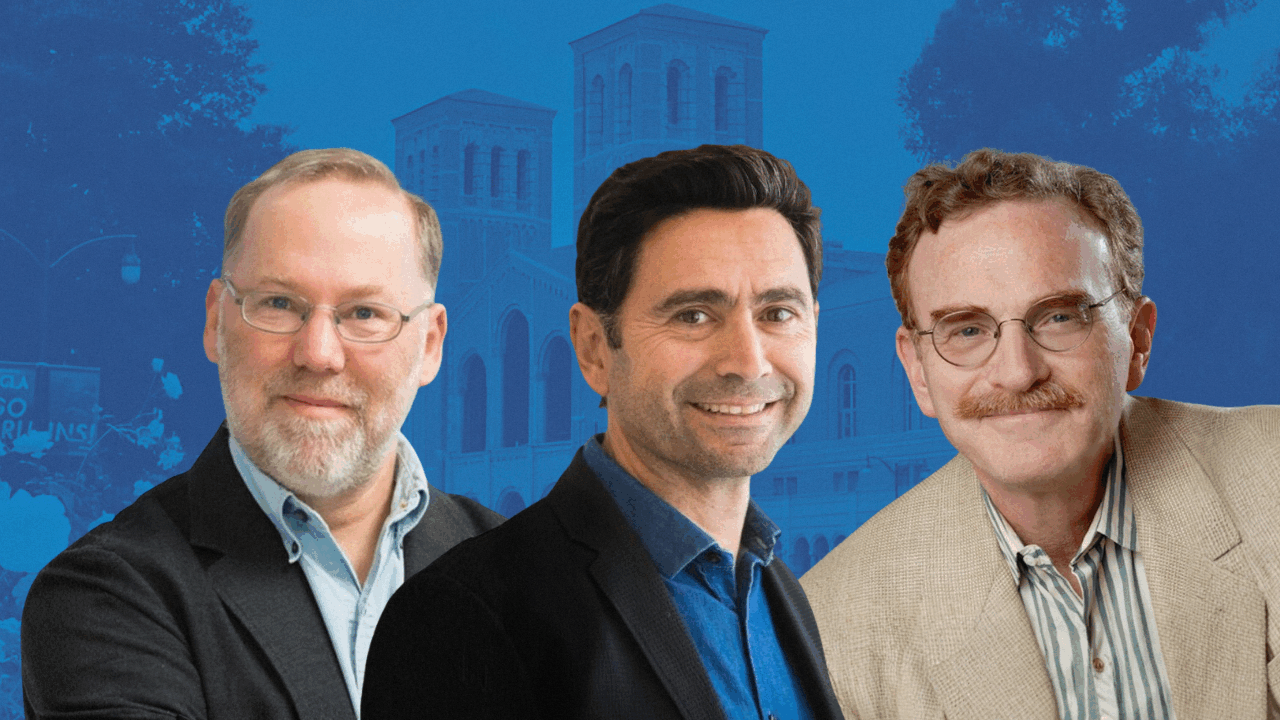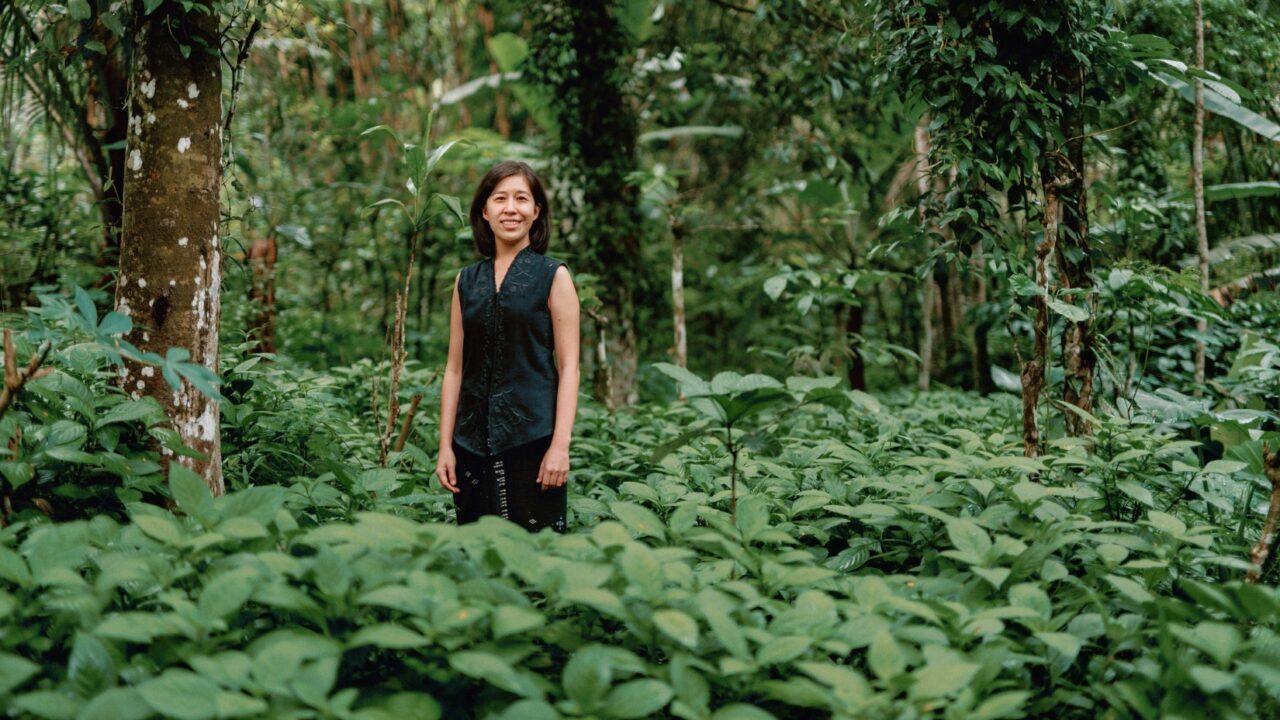
Stephanie Pincetl wins UCLA 2025 Public Impact Research Award
The award highlights faculty whose research has demonstrably improved lives locally, nationally and globally
UCLA Institute of the Environment and Sustainability professor Stephanie Pincetl, director of the California Center for Sustainable Communities (CCSC) and chair of IoES’s Ph.D. program, has been named a recipient of UCLA’s 2025 Public Impact Research (PIR) Award. The honor recognizes faculty whose work has created significant public benefit through sustained engagement beyond the university.
Pincetl and her center have advanced equitable clean energy policy in California for more than a decade. In 2013, CCSC successfully petitioned the California Public Utilities Commission to grant research institutions access to granular energy use data while protecting customer privacy. That breakthrough enabled the creation of the UCLA Energy Atlas, a pioneering tool that links utility data to building characteristics, demographics and geography. Local governments now use the Energy Atlas to shape climate action plans, identify priority communities for investment and design more equitable energy policies.
Beyond data analysis, CCSC collaborates with community organizations and public agencies — including the California Air Resources Board, Public Utilities Commission, Energy Commission and Los Angeles Department of Water and Power — to support a just transition to 100% renewable electricity. The center’s research has also shed light on the social and structural drivers of energy use, as well as the challenges of urban growth and energy efficiency.
“I am delighted to be recognized by my peers for my work and that of my Center,” Pincetl said. “I am happy to have the award to further assist my students in this time of difficulty for UCLA.”
The Public Impact Research Awards, established in 2019 by UCLA’s Office of the Vice Chancellor for Research & Creative Activities, highlight faculty whose research has demonstrably improved lives locally, nationally and globally. Awardees receive $15,000 to support continued public impact work.




